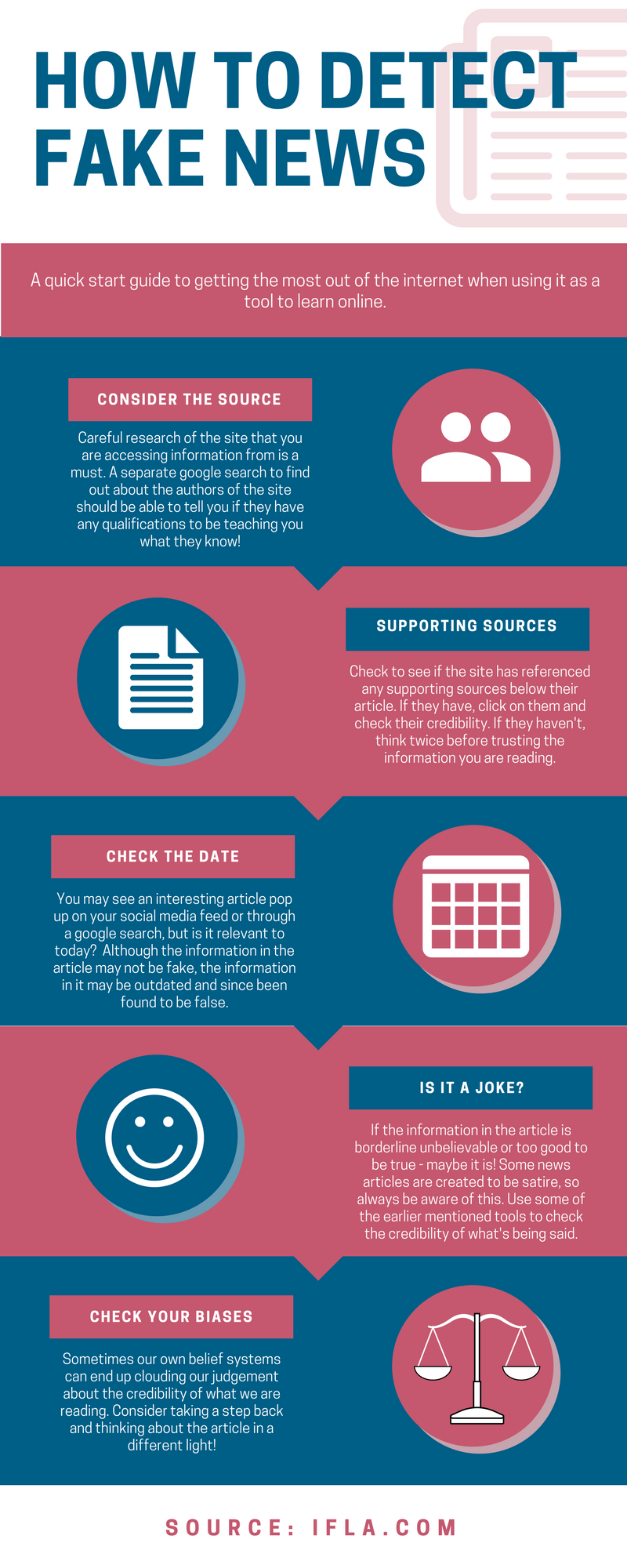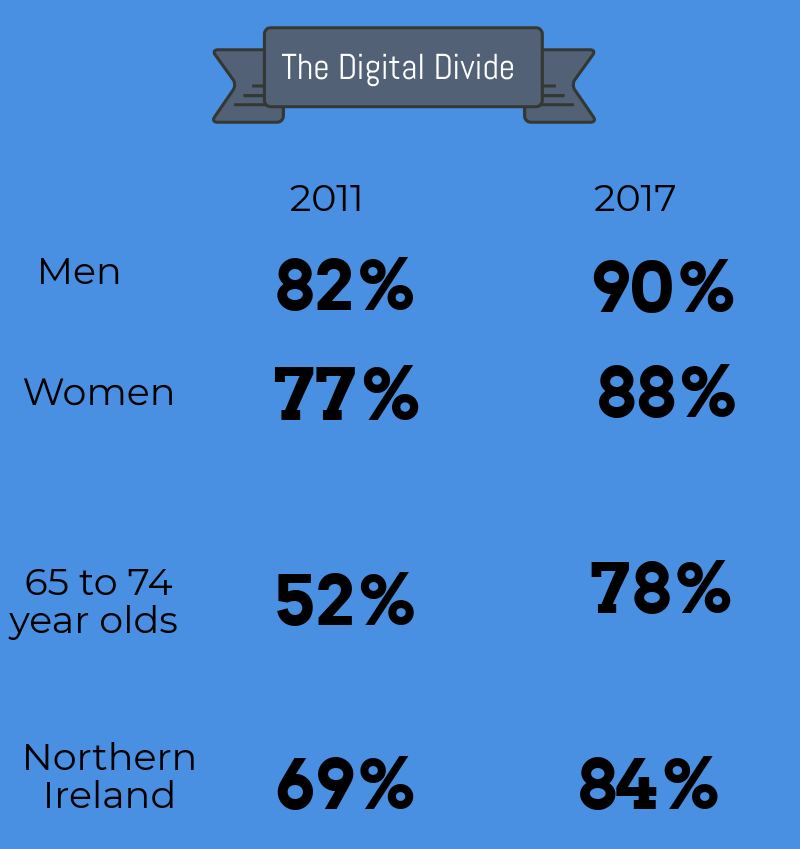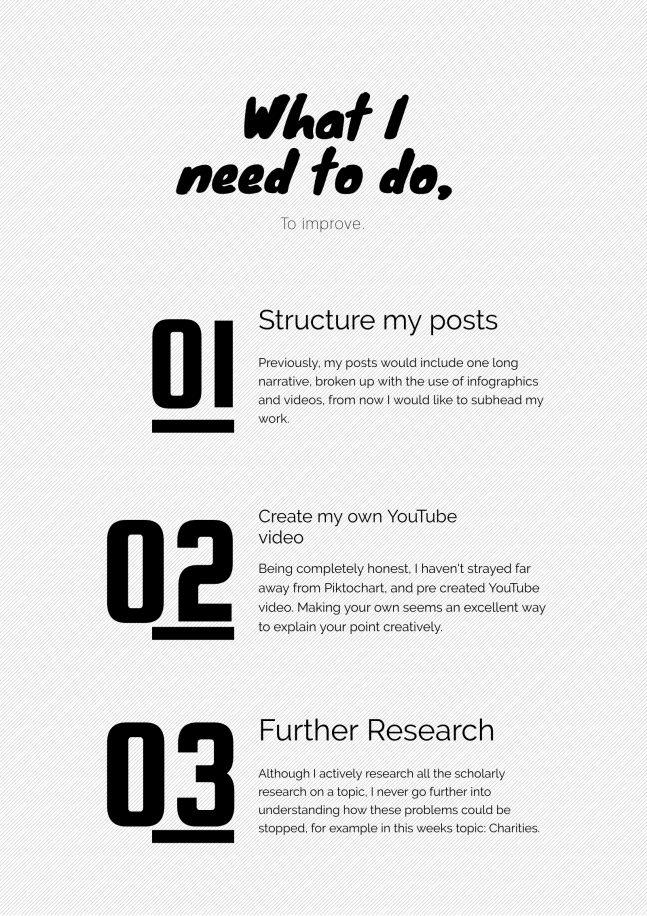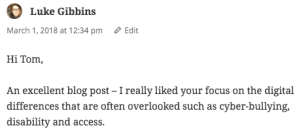
Thanks, Donald Trump
Thanks, Donald Trump. Because of you ‘fake news’ has become Collins Dictionary’s word of the year in 2017 (Hunt, 2017). Although not a new phenomenon, fake news has become a part of everyday life stemming from social media’s influence within Brexit and the recent US General Election (Dice, 2017). Below is an infographic created through Canva examining the public response to fake news:
Source: Infographic created through Canva.
Continue reading →












